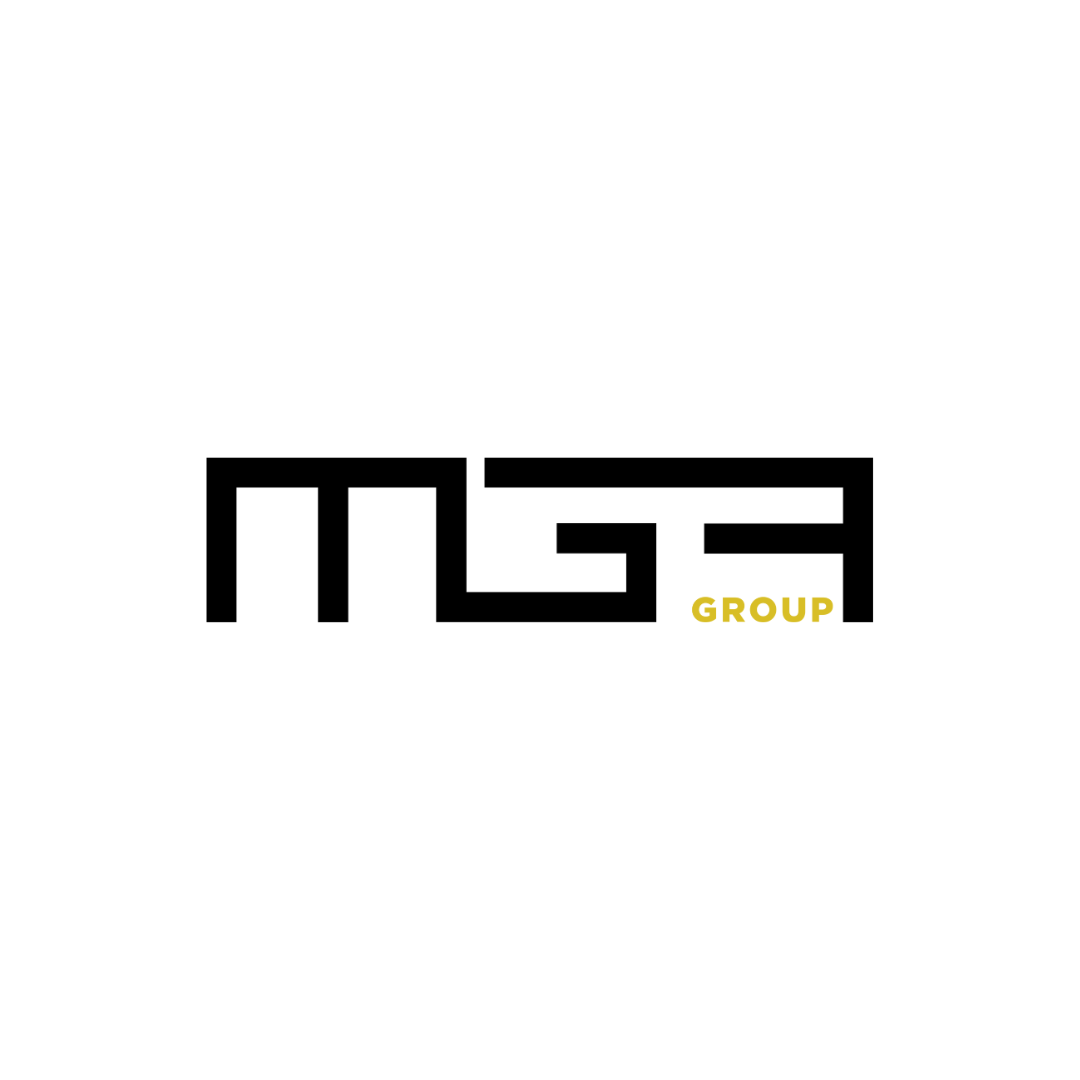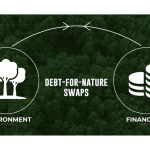Executive Summary
This report explores the current state of innovation and technology in Kenya, analyzing key trends in digital innovation, mobile penetration, and emerging technologies such as artificial intelligence (AI) and blockchain. The research reveals that Kenya has made significant advancements in digital infrastructure, driven by the widespread adoption of mobile technology and an enabling ecosystem for innovation.
Introduction and Background
In recent years, Kenya has emerged as a hub for technological innovation in Africa, often referred to as the "Silicon Savannah." The country has witnessed a surge in digital innovation, fueled by a combination of mobile technology growth, government support, and a dynamic entrepreneurial ecosystem. Understanding these trends is crucial for businesses and policymakers aiming to leverage technology for economic and social progress.
Data and Analysis
Digital Innovation Trends
- AI and machine learning: AI is being used to streamline tasks and augment human activities. For example, generative AI can help reduce the time it takes to create outlines and come up with ideas. Machine learning can help organizations make better data-driven decisions in real time.
- AI TRiSM: AI Trust, Risk, and Security Management (AI TRiSM) is a trend that focuses on ensuring AI systems are used responsibly and reliably. AI TRiSM helps organizations manage AI-related risks, comply with regulatory standards, and foster trust among stakeholders.
Mobile Penetration
- Mobile Penetration Rate: The uniqueness of the Kenyan payment landscape is defined by its rapid adoption of mobile money solutions like M-Pesa, and its progressive move towards integrating advanced technologies such as blockchain-based solutions into regular financial transactions; Kotani Pay provides a great example with their USSD short code solution that makes it easy for underserved communities to use on a feature phone or low-end smartphone to transact, easily converting crypto into mobile money. This adoption has established Kenya as a leader in mobile-based financial innovation.
- Internet Access: Mobile broadband access has increased, with 4G and 5G networks expanding to cover both urban and rural areas. However, there remains a digital divide, with rural regions lagging behind in internet access and digital literacy.
Emerging Technologies (AI and Blockchain)
- Blockchain Technology: Blockchain is being explored for various use cases, including land registration, supply chain transparency, and secure voting systems. Blockchain and cryptocurrencies are gaining interest as alternative investment and payments transaction platforms, though this comes with regulatory scrutiny and a degree of doubt from traditional financial institutions, such as the cautionary notice to the public by the CBK on the use of virtual currencies such as bitcoin.
- Artificial intelligence: AI solutions are being introduced into operations by companies of all sizes to improve customer experiences, streamline business processes, and more.
Key Findings
Blockchain and Cryptocurrencies:
- Blockchain technology and cryptocurrencies are gaining traction as alternative payment and investment platforms.
- Regulatory scrutiny, such as the Central Bank of Kenya's (CBK) warnings about virtual currencies, reflects the cautious approach of traditional financial institutions.
Technological Advancements and Future Trends:
- The technology landscape is being reshaped by groundbreaking innovations. Quantum computing is poised to transform industries, with projections valuing it at $1.3 trillion by 2035. Cybersecurity is integrating AI to provide real-time threat detection and mitigation, while artificial intelligence is being leveraged to enhance customer experiences and streamline processes across businesses. Edge computing brings data processing closer to its source, optimizing efficiency and bandwidth usage. Augmented reality (AR) and Internet of Things (IoT) are expanding connectivity and delivering tailored, interactive experiences. Robotic Process Automation (RPA) simplifies tasks with software robots, and environmental technology advances renewable energy solutions.
- Emerging trends like Generative AI, Extended Reality, Web3, Climate Tech, Urban Air Mobility, and Smart Healthcare promise further innovation across various sectors.
Digital Transformation and Inclusivity:
- The World Bank supports reforms, innovations and programs to expand inclusive and productive digital access and use, including tackling gender-specific social barriers, advancing digital literacy, facilitating public internet access, and improving affordability of digital services and devices for all.
Cloud-Based and Data Analytics Solutions for Companies:
- Scalable tools like AWS, Microsoft Azure, and Google Cloud can optimize business operations for companies like MGA Group.
- Advanced analytics platforms, including Tableau, Snowflake, and Databricks, enable processing large data sets and generating actionable insights to tailor customer services in the insurance and gaming sectors.
Recommendations
- Expand Digital Infrastructure: By investing in scalable cloud-based solutions e.g Google Cloud Platform (GCP)and integrating advanced data analytics platforms e.g Tableau to enhance operational efficiency, improve customer experience, and support innovation in both the insurance and gaming sectors.
- Adopt Comprehensive Regulatory Frameworks: By implementing risk management strategies and compliance protocols aligned with industry-specific standards, such as adhering to the Insurance Regulatory Authority (IRA) guidelines for insurance operations and following the Betting Control and Licensing Board (BCLB) rules for gaming activities, ensuring legal compliance and consumer protection.
- Support Tech Ecosystems: By investing in innovation hubs and incubators within the organization to nurture emerging technologies like AI and blockchain, which can enhance customer experience in insurance and gaming, while also forming strategic partnerships with tech startups to co-develop advanced solutions, such as predictive analytics for risk management and immersive experiences for gaming platforms.
- Promote AI and Blockchain Education: MGA Group can promote AI and Blockchain education within the organization by implementing structured training programs and workshops, leveraging partnerships with tech institutions, and encouraging cross-departmental learning to integrate cutting-edge innovations effectively.
- Enhance Cybersecurity Measures: Investment in cybersecurity infrastructure is critical to protect MGA and build client trust.
References








